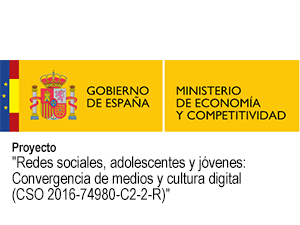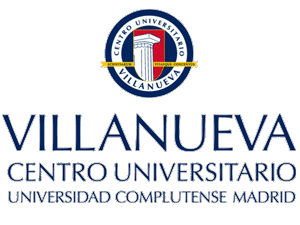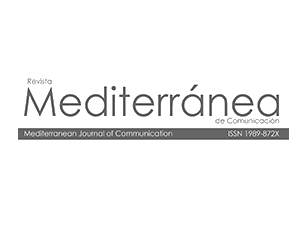Resumen
Razones para el silencio: Algoritmos y medios «alternativos» como amenaza para las minorías en el entorno digital
Palabras Clave /
Abstract
The advent of the internet was accompanied by claims that new digital tools would reform the public sphere. Particularly dialogic forms of communication, such as discussions boards, participatory online journalism, alternative media or petition platforms were seen as catalysts for the democratic debate. Nevertheless, hopes that the internet would lead to a more open discourse and an integration of minority voices due to its public access have not been justified (Müller & März, 2008). Moreover, the internet could not fulfill higher democratic expectations (Stöber, 2013). Empirical observations as well as public debates on online participation illustrate that these desires, especially in the 1990s and 2000s, were too ambitious: Discussions about disinformation and social bots on social network sites and on partisan/populist alternative media show that the emancipatory potential of the internet could not evolve.
This paper investigates two recent socio-technological developments and threats to the inclusion of minorities in online debates:
1) Political micro-targeting (PMC) as a mechanism of targeting voters which are more likely to be persuaded for one party. PMC therefore uses statistical instruments to exclude voters which are less likely to be supporters of a political party. This could lead to a digital discrimination in terms of contracting the electorate.
2) Populist alternative media as facilitators of hate and social exclusion. Contrary to early conceptions of alternative media (Holtz-Bacha, 2015) which were organized as open media projects to obtain emancipatory objectives, new forms of partisan online media established. U.S. based web sites like Breitbart News Network, the Gateway Pundit or German platforms like Compact Magazine, PI News and KenFM use classical populist strategies to build up a communicative front between “the elites”, social minorities and “the people” (Jagers & Walgrave, 2007). Minorities are neglected and even discriminated in these partisan discourses in order to build up counter-hegemonic publics.
The paper shows particularities of both phenomena and highlights negative implications for public discourse, in particular for the inclusion of minorities in the digital society.
Keywords /
FIRMANTES
| Nombre | Adscripción | Procedencia |
|---|---|---|
| André Haller | University of Bamberg | Bamberg (Germany) |















